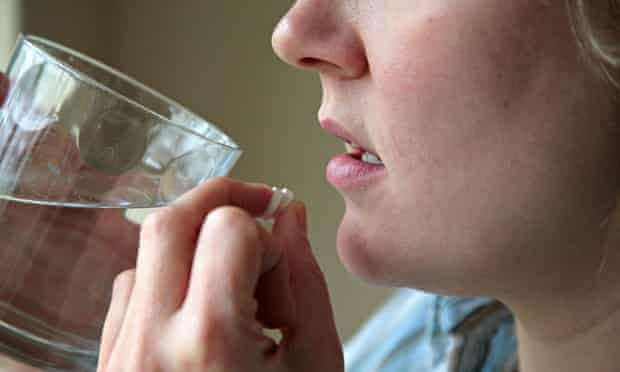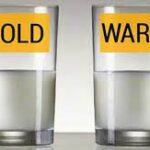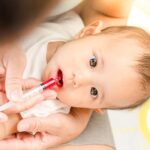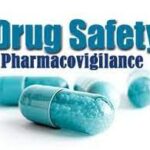Can You Take Your Medication With Distilled Water?

Distilled water is a type of water that has been boiled into vapor and condensed back into liquid in a separate container. Impurities in the original water that do not boil below or near the boiling point of water remain in the original container. Thus, distilled water is a type of purified water.
Drinking water has been distilled from sea water since AD 200, when the process was clearly described by Alexander of Aphrodisias. Distilled water is safe to drink, but you’ll probably find it flat or bland. That’s because it’s stripped of important minerals like calcium, sodium, and magnesium that give tap water its familiar flavor. What’s left is just hydrogen and oxygen and nothing else.
What are the benefits of drinking distilled water?
Water distillation is an effective way to remove contaminants from drinking water. Levels of pesticides and other chemicals in public water sources like tap water will depend on your geographic location and the agencies that regulate drinking water safety in your country.
Distilled water is essentially free of contaminants like pesticides and bacteria, which could be especially helpful to those with weakened immune systems. For example, those with HIV/AIDS and certain cancers are at an increased risk of becoming sick from impurities in food and water and may benefit from drinking distilled water.
What’s more, like some other purification methods, distilled water effectively removes chlorine from drinking water, which can improve the taste of water while decreasing your exposure to chlorine.
Can you drink distilled water with your medication?
According to safe medication experts, most medicines are best taken with plain water instead of distilled water, but there are exceptions. If one of your medicines needs to be taken with milk, fruit juice, or food, you may need to take this medicine at a different time than your other medicines.
The amount of water needed can depend on the dosage form. For example, you may need to swallow more water with a large tablet or capsule than with a small tablet or a liquid medicine.
Here are some important points to remember:
- Always carefully read the label of your medicine and any information that comes with it. Find out how much water you need to take with your medicine. The right amount of water for you will depend on which medicines you are taking and the medical conditions that you have. If you are not sure how much water you should drink, ask your pharmacist or other healthcare provider.
- Be sure you know what fluid you should take with your medicine. Milk, fruit juices, or food can affect the absorption and action of some medicines. Your pharmacist can help you to develop a schedule to be sure you are taking all of your medicines properly.
- If you are having a medical procedure, eating food or drinking water beforehand may be dangerous. Therefore, you may be told not to eat or drink anything for a specified period before the procedure. If you have been told not to eat or drink anything, be sure to ask your healthcare provider what to do about taking your medicines.
- In some cases, it may be safe to take your medicines with a small sip of water. In other cases, you may be given your medicines by a different route, or you may be told to delay taking your medicines until you are able to drink water. The specific directions for you will depend on which medicines you are taking and your individual health issues.
- If you are in hospital or confined to bed, sit up when swallowing medicines, if you are able to do so safely. If you feel that a caregiver has not given you enough water with your medicine, don’t hesitate to speak up and ask if you can have more water.





